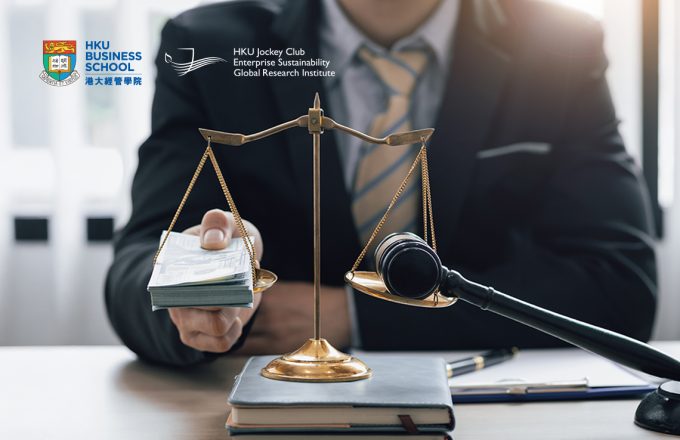“What would you do in this situation?”
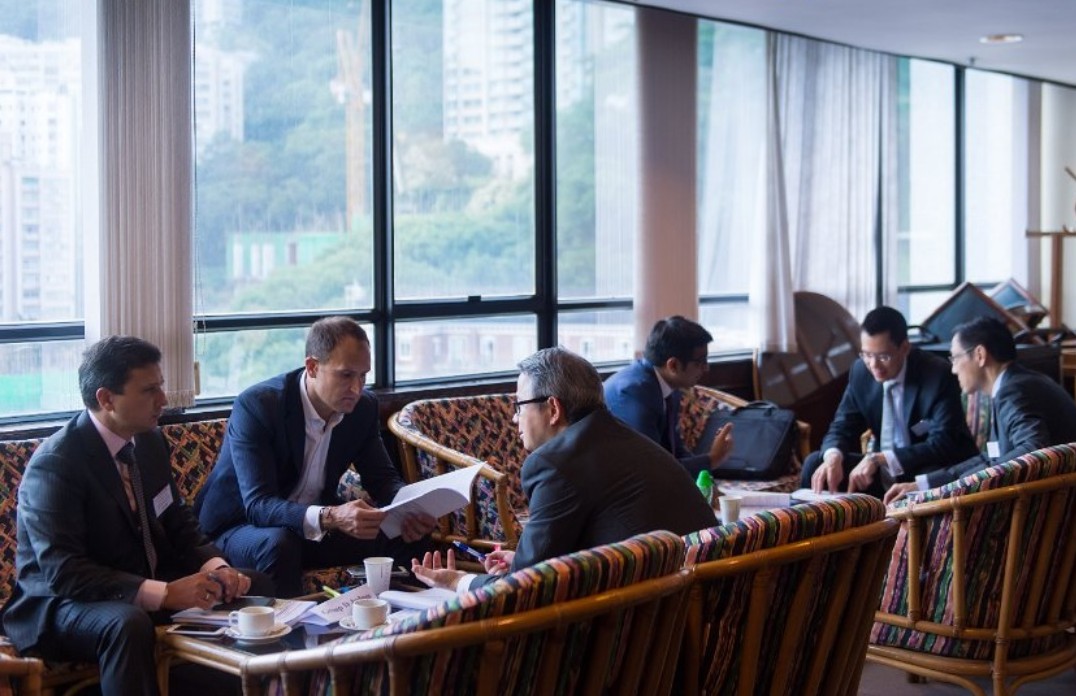
Every day, business executives have to make hard decisions on new and fast-moving issues. But, learning from one’s mistakes in the business world can risk fortunes and reputations – as in business there are often no second chances. Learning from real-world cases before decisions are made creates a host of positive impacts: improved decision-making and leadership skills, better questioning and the ability to co-create, among many others.
Just as pilots learn how to manoeuvre their planes in challenging and dangerous scenarios through simulation training, case studies have long been used by business schools to help students “step into the shoes” of real-world decision makers. In doing so, they learn to ask the right questions to identify issues, develop options, make recommendations and devise implementation plans by applying concepts taught in the classroom.
Case studies also help establish critical leadership and problem-solving skills, giving students a solid foundation with which to make good decisions in murky or confusing situations. These active learning experiences are enhanced through case competitions, where learners battle against other teams to formulate the best solutions to designated case scenarios in a limited period of time.
Developing Asia-focused case studies for international academics, institutions and organisations
Though Asia has been the world’s fastest-growing region for decades, until recently there were limited case studies that referenced Asian business and economic topics, as most case studies were produced in Europe and North America.
The Asia Case Research Centre (ACRC) was founded in 1997 to redress this imbalance and cater to unmet demand. ACRC has produced numerous Asia-based cases focusing on global sourcing, business ethics and many other topics aimed at academics, national and international institutions, and organisations of all sizes.
Let’s take a closer look at the topic of global sourcing. No matter what their industry, companies must make critical production decisions on where to purchase inputs to produce their products. These inputs can be procured internally (insourcing) or externally (outsourcing).
The ACRC developed a series of teaching cases based on research conducted by Professor Zhigang Tao, Associate Dean of the HKU Business School, Acting Director of the ACRC, and HSBC Professor in Global Economy and Business Strategy [1]. The cases explored the experiences of multinational firms like Mattel, Sanlu, McDonalds and KFC, focusing on the adverse effects of outsourcing on quality. The research further uncovered that product quality under outsourcing was critically dependent on the quality of contractual enforcement in the countries where the outsourcing is conducted – particularly relevant in the case of “offshoring”, the practice of shifting production to countries with lower material and production costs.
In developing a case about F&B giant Pepsi, the research also uncovered a practice called “bi-sourcing”, where companies use both insourced and outsourced resources. This discovery was inspired by Pepsi being the largest potato farmer in China while also purchasing potatoes from external suppliers to produce its Lay’s brand in the country. Professor Tao and the joint authors[2] concluded that, “A bi-sourcing strategy, with a proper balance of incentives for external and internal suppliers, is superior to both outsourcing and in-house production.”
Dr Victor Fung, Group Chairman of the Fung Group – which has diverse businesses operating across the global supply chain – highlights the benefits of adopting ACRC case studies for corporate training workshops. Dr Fung comments, “Companywide, we have adopted ideas generated at the workshops to improve our social network, implement cross-selling and e-commerce, work across silos, upgrade our technology, and create sustainable activities – all of which were inspired by the Centre’s case studies”.
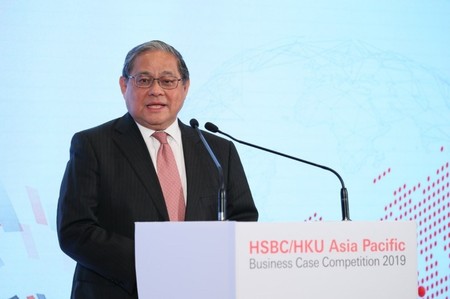
Working through ethical dilemmas
Turning to business ethics, courses in ethics often use case studies to illustrate serious dilemmas faced by organisations. For instance, the Independent Commission Against Corruption (ICAC) invited the ACRC to develop a study on ethical and corruption issues faced by small and medium-sized enterprises conducting cross-border business in Hong Kong, Guangdong and Macau.
In the case, students are asked to step into the shoes of a second-generation CEO of a Hong Kong-based company. The business is run from an office in Hong Kong, has a factory in mainland China and has customers around the world. The issues explored in the case include a business culture that allows for bribery, kickbacks and “wining and dining” to win business. Through the case, students learn how to first avoid serious ethical issues, and how to resolve them if they occur. The case study has since been used by the ICAC, Macau’s Commission Against Corruption and the Guangdong Provincial Protectorate, as well as being taught in universities around the globe.
Paving the way for business-ready students
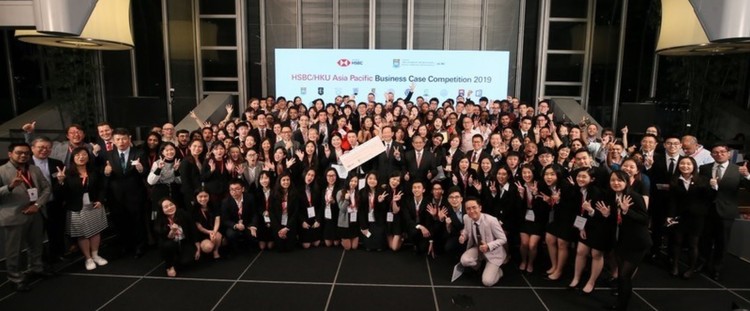
The case study method is also used in competitions that simulate the rigour of real-world, time-sensitive business problems that test and enhance the employability of future business executives. Launched in 2008, the Asia Pacific Business Case Competition, organised by the ACRC and HSBC, is a growing success story. The competition covers 21 locations within and beyond Asia Pacific and welcomed over 550 teams in 2019.
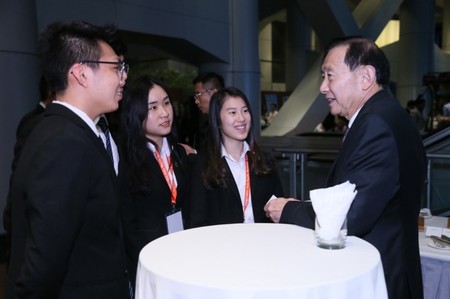
In a 2018 study of the competition conducted by PwC, respondents stated that the contest makes students “business-ready” by giving them key employment skills they will need for the future. It also creates lasting impacts for them, improving their compensation packages and enhancing their career progression.
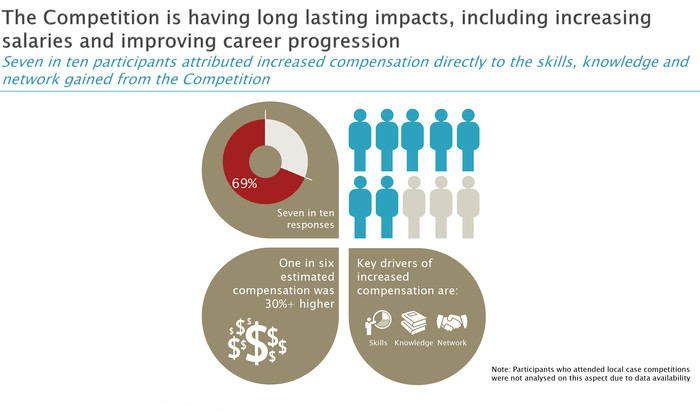
The ACRC continues to publish teaching cases covering the latest business trends, like the emergence of innovative Chinese tech companies, the growing importance of big data and fintech to business, and the US-China trade dispute and its impacts on business strategy.
The ACRC is also collaborating with governments and industry organisations to develop cases for use outside classrooms. They are currently working with the Centre for Civil Society and Governance at HKU’s Faculty of Social Sciences, developing teaching case studies for leading social enterprises in Hong Kong. These will be used in classrooms globally and turned into best practice cases to be shared with the social enterprise sector in Hong Kong – improving business education, business thinking and ultimately improving society.
Leveraging HKU’s academic excellence and global connections, the Asia Case Research Centre, founded in 1997, promotes leading business and economics thinking through research on the latest management practices in Asia and the development of teaching cases to address the unmet demand for research-backed instructive materials relating to Asian business. With annual sales of over 110,000 copies to more than 170 countries, cases are used by universities, corporates, government authorities and other organisations.
Sources
[1] Lu, Y., Ng, T., & Tao, Z. (2012). Outsourcing, product quality, and contract enforcement. Journal of Economics & Management Strategy, 21(1), 1-30. https://doi.org/10.1111/j.1530-9134.2011.00321.x [2] Du, J., Lu, Y., & Tao, Z. (2009). Bi-sourcing in the global economy. Journal of International Economics, 77(2), 215-222. https://doi.org/10.1016/j.jinteco.2009.01.005






